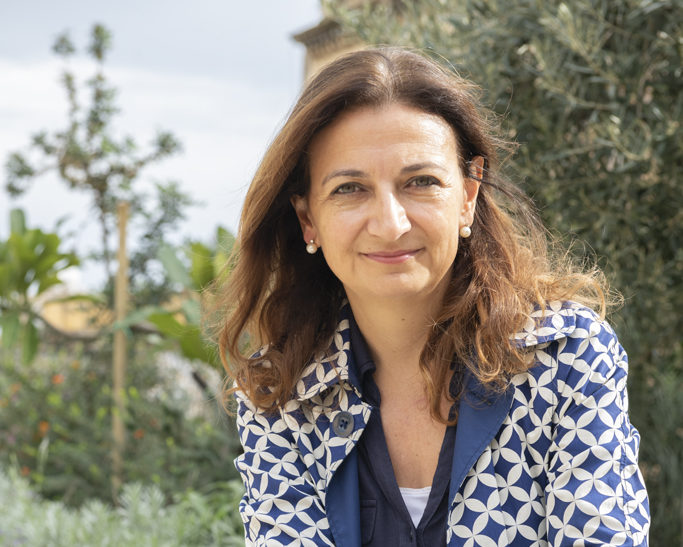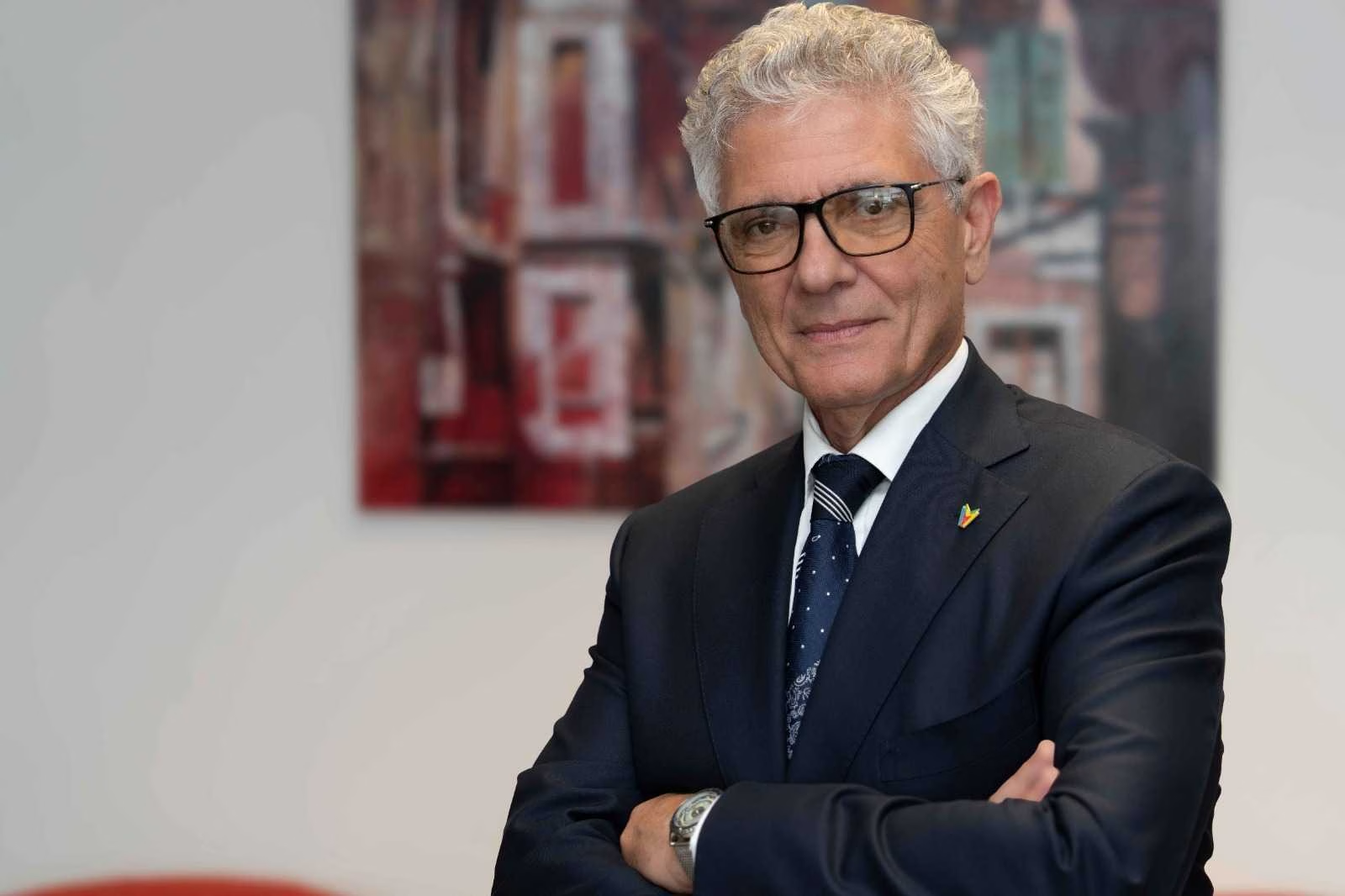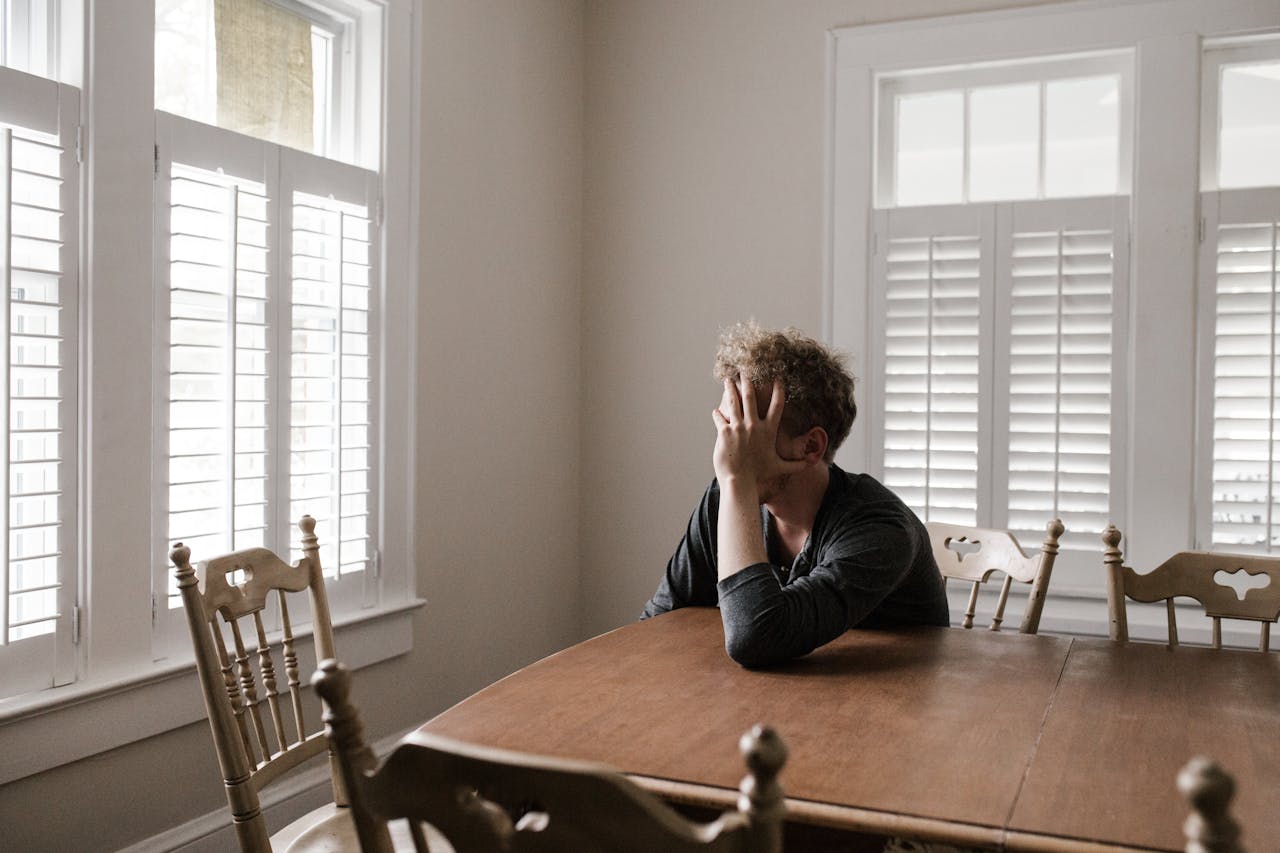Joanna Spiteri Staines is the Director of Openworkstudio and Nidum, and an expert in the conservation of historic buildings. She also sits on the Din l-Art Ħelwa Council and has extensive experience fighting development proposals she believes are “destroying our built cultural heritage and natural environment”.
Current planning policies, she warns in the latest edition of Business Now, are “lining the pockets of the few” with no attention to quality, aesthetics, or future sustainability.
“I think the most pressing issue is for politicians, planners and experts in the field who really care about the country to come together and study the issue,” she says.
“In the meantime, politicians with a moral conscience need to immediately put damaging policies on a moratorium until we understand where this country should be heading in terms of social, cultural and economic development.”
Perit Spiteri Staines calls for an urgent national discussion on the future of the country – from conservation areas, to urban greenery, rural areas and mobility – with the goal of clear incentives and disincentives to drive us forward.
“Malta is the second most densely populated country in the EU,” she continues. “The quality of our urban environment is abysmal. The roads are destroyed by construction vehicles, and there’s a complete lack of planning or design of the urban space. We need to design for a future that is healthy and sustainable. We need to design urban spaces and residences that prioritise real quality of life. And we need to have a handle on our politicians and planners to ensure that the future is one we would want for our children and grandchildren,” she adds.
Featured Image:
Joanna Spiteri Staines / Credit: Bernard Polidano
69% of employees say their skills are not fully used
Untapped talent is not merely a morale issue, but a strategic risk.
‘Only one in six tourists visit Malta for just the sun’ – MTA chairman
Charles Mangion says the next step in Malta’s tourism strategy should involve managing growth more responsibly.
‘Heartbreak leave’: Should Maltese employers acknowledge romantic loss as a workplace issue?
The question is less about whether heartbreak affects work, and more about how organisations respond when it does.
Wolt Malta appoints Chris Tanti as General Manager
'I’m honoured to lead Wolt Malta at this stage of the company’s journey.'









